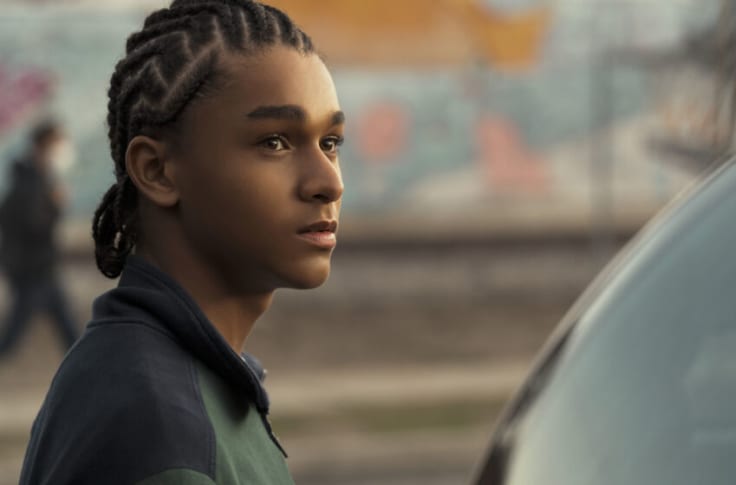
So this weekend, I made sure I took some time to watch “Colin in Black-and-White.” I was intrigued that Ava Duverney took on the project, and I wanted to hear and see Colin’s story from his perspective.
I honestly admit the one thing that I realized immediately was Colin Kaepernick comes across as an empath. I recognized it because I am one too, and most leaders and entrepreneurs are.
As I watched the movie, I thought it was incredibly tragic that his biological parents were likely forced to give him up as a baby for being biracial. There is no reference to it in the movie. The second greatest tragedy was his white adoptive parents not realizing they contributed to systematic and problematic racism. They were oblivious to it and not intentionally which was a significant point in this movie; they didn’t know it because they didn’t have to deal with it.
I’ve often heard a lot of mulatto people say how difficult it was growing up. We often look at their, usually good, looks and think they had it easy, but many say that’s what made their lives more difficult.
They weren’t black enough for Black people, and they weren’t white enough for white people. So that leaves them as outsiders for both sides.
The movie made Black people look more like the victims than, at times, the perpetrators of bullying and grade school and high school abuse, but Colin probably faired better in that department because he was so good at football, basketball, and baseball, which makes anyone a high school hero. Yet still, having everyone vicariously live their lives through you when you are not even sure of yourself has to be a monumental challenge.
Collin managed to finagle his way through the family situation pretty well, and his adoptive parents certainly loved him, but they were very green to many things and all things black.
There were even a couple of funny references about his white mother not being a great cook and not using enough seasoning.
A celebrity reviewed the series and immediately criticized Colin’s ability to narrate; I responded in the string that I am a pro broadcaster, and I think he did a great job. He and the actor who played him as a child had a lot of similarities, including the way they spoke.
Throughout the multi-part series, Kaepernick talks about how racism is embedded in the sports industry. It is so ironic that I’ve always thought the same thing even as a child, which is why I can’t watch football or basketball. Something about the white owners and coaches and their wives and friends “owning” the team and the dominant percentage of blacks relegated as players only makes my stomach turn. In addition, there is often little to no room at the top, intentionally for black ownership.
I was never interested in football or basketball for those very reasons; I just always saw slavery and gladiators playing in pits to entertain the owners and masters. I saw both games with white owners on top, not letting Black people have a piece of the pie at that level. It still seems to be that way. I think Collin is correct; it is a very racist industry.
Colin also talks about black self-hatred and black men viewing black women as ugly and undesirable. That is something you seldom see in a movie, but if you live on the west coast, especially, you realize it’s true.
Via his narration, Colin gives some very thought-provoking narration on following your dreams by providing examples of black people who didn’t “sell out” or who found another calling as he did in his overwhelming desire to be a quarterback. His actual calling IS leadership and a change agent.
As you know, the George Floyd situation was the catalyst that made all the naysayers like NFL commissioner Roger Goodell take a second look at ‘The enemy’ (Kaepernick) who refused to stand up for the American Flag during the games and say ‘maybe he’s right’ but as we all know they were going with the flow at the time.
Without giving away too much more, I will say I have some friends who don’t want to watch because they think it’s depressing. It’s not. It’s insightful.
At the end of the movie, the most unfortunate truth is Colin says, “I was never anybody’s first choice,” referring to himself being given up for adoption as a baby.
Colin is a football player who will go down in history for taking a stand; even though he was criticized and ridiculed, he ended up being rewarded for it, and it’s an excellent series.
I suggest you watch it, and I’m a big fan of Ava Duvernay, who probably doesn’t remember me, but



